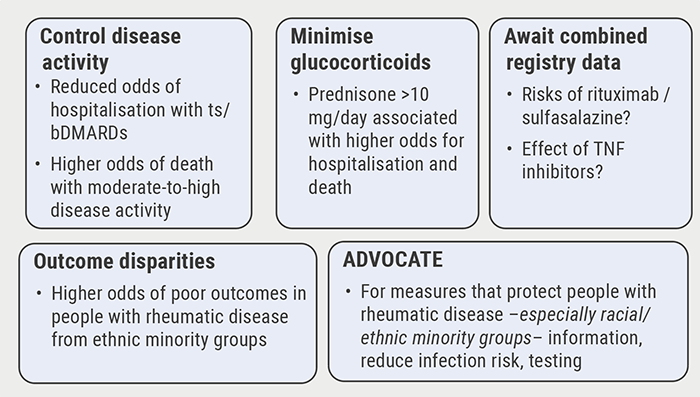"We are very excited about the possibility of changing the way that patients with rheumatoid arthritis or juvenile arthritis are being treated," Drs. Farshid Guilak and Kelsey Collins of Washington University in St. Louis told Reuters Health by email. "Also, we hope to decrease the risk of adverse events due to the immunosuppressive effects of biologics by having a system that delivers the drugs only when they are needed."
"Our implant completely prevented bone erosions, which no other drug treatments have been able to do," they noted. "By creating such 'smart' cells that can sense different inflammatory molecules, we hope to create a completely different approach where the cells automatically create the right biologic drugs, at the right amount, and the right time to enable the most effective therapy for patients with arthritis."
"It will likely be at least 5-7 years before we would be able to perform clinical trials," they acknowledged. "We want to ensure both the safety and longevity of this type of living implant before testing it in patients."
As reported in Science Advances, the team combined two previously developed strategies to produce the bioartificial drug delivery system: scaffolding that is coated with stem cells and then implanted into joints to form cartilage, holding the implant in place; and SMART (Stem cells Modified for Autonomous Regenerative Therapy) cartilage cells using CRISPR-Cas9 technology to alter genes in the cells so that when they are activated by inflammation, they secrete drugs in response.
Further, the bioengineered cells automatically turned off when the inflammatory stimuli were removed, and were reactivated during challenges with inflammatory triggers.
Using a mouse model of inflammatory arthritis, they showed that the bioengineered implants not only provided a non-invasive luminescent readout of disease severity, but also significantly mitigated disease severity as measured by joint pain, structural damage, and systemic and local inflammation.
Additional experiments showed that the implants prevented increased pain sensitivity and bone erosions, suggesting, according to the authors, that "the implants provided greater therapeutic benefit as compared to several standard of care treatments."
The authors conclude, "The combination of tissue engineering and synthetic biology promises a range of potential applications for treating chronic diseases via custom-designed cells that express therapeutic transgenes in response to dynamically changing biological signals."
Drs. Guilak and Collins said the team currently is testing a way to turn the implant on and off inside the body, in case a patient needs to stop a drug for a period of time; new biomaterials that would facilitate implantation; and implants that deliver different anti-inflammatory drugs, depending on what's causing the inflammation.
Rheumatologist Dr. John Hardin, a Professor Emeritus in Medicine; in the Department of Microbiology and Immunology; and in Orthopedic Surgery at Montefiore Medical Center in New York City called the study "very exciting" in an email to Reuters Health.
"The present model represents a new approach that enables the body to have its own built-in drug-delivery system that is potentially superior to exogenously administered medications," he said. "It is especially promising for diseases that are characterized by recurrent flare-up. This system potentially can respond before such flares become clinically evident."
One caveat, he noted, is that the study "targets an inflammatory cytokine that is generated in the course of unwanted inflammatory diseases. We do not yet know to what extent such an approach might impair host defenses when these inflammatory cytokines are needed to fight infections or neoplastic diseases."
Nonetheless, he said, "There likely are better ways to administer medications than those currently in use, which mostly require either the patient or the physician to become aware of a disease flare for the medication to applied."
SOURCE: https://bit.ly/3ntdsi9 Science Advances, online September 1, 2021.
By Marilynn Larkin
Posted on
Previous Article
« Support for gene-specific risk-reduction strategies in Lynch syndrome Next Article
PCSK9 inhibitors may not be sufficient to curb atherosclerotic cardiovascular disease »
« Support for gene-specific risk-reduction strategies in Lynch syndrome Next Article
PCSK9 inhibitors may not be sufficient to curb atherosclerotic cardiovascular disease »
Related Articles

January 18, 2021
Poor disease control: a risk factor for severe COVID-19
© 2024 Medicom Medical Publishers. All rights reserved. Terms and Conditions | Privacy Policy
HEAD OFFICE
Laarderhoogtweg 25
1101 EB Amsterdam
The Netherlands
T: +31 85 4012 560
E: publishers@medicom-publishers.com

